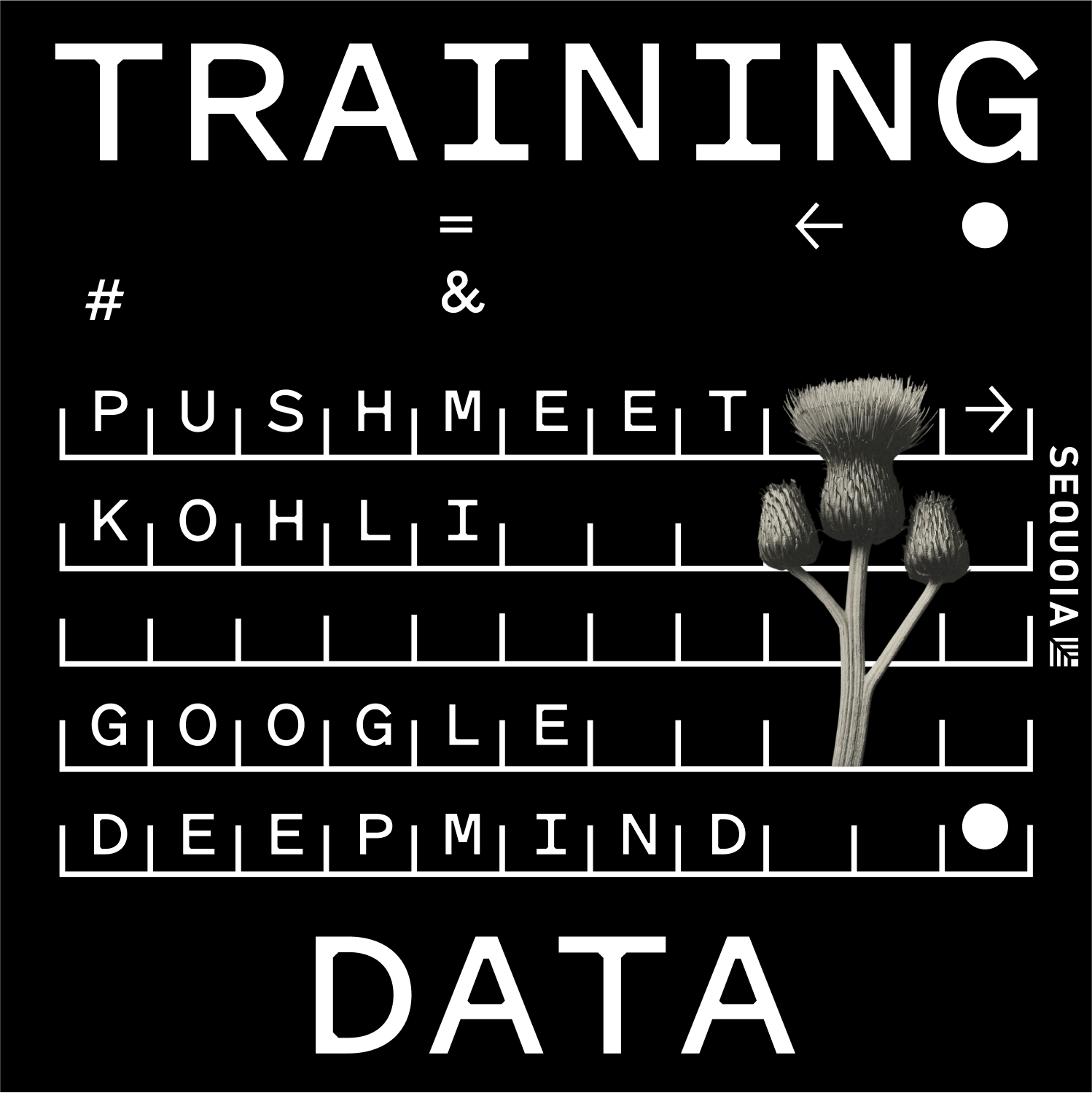
🤖 AI Summary
Overview
This episode explores the groundbreaking advancements in AI-driven scientific discovery, focusing on DeepMind's AlphaEvolve system. Pushmeet Kohli discusses how AI is transforming the scientific method, enabling the discovery of new algorithms, solving decades-old mathematical problems, and accelerating progress in fields like biology, chip design, and materials science. The conversation highlights the interplay between large language models, evaluators, and evolutionary search, as well as the broader implications for human-AI collaboration in research.
Notable Quotes
- What happens when AI stops just answering questions and starts asking them?
– Sonya Huang, on the transformative potential of AI in science.
- We are already in that era of AI-accelerated scientific discovery. We just don’t see it because we’re living through it.
– Pushmeet Kohli, on the current state of AI's impact on science.
- AlphaFold didn’t just advance biology—it democratized it, giving researchers everywhere access to tools that were once out of reach.
– Pushmeet Kohli, on the societal impact of AI breakthroughs.
🧬 AI in Scientific Discovery
- AlphaEvolve's Breakthroughs: Pushmeet explains how AlphaEvolve, a system combining large language models (LLMs) with evaluators, discovers entirely new algorithms and solves complex problems. Unlike its predecessor FunSearch, AlphaEvolve operates without predefined templates, enabling broader and more efficient exploration.
- Mathematical Milestones: The system has uncovered solutions to long-standing problems, such as improving a 50-year-old matrix multiplication algorithm and revealing hidden symmetries in the cap set problem.
- Human Interpretability: A key goal is generating interpretable code, allowing experts to validate and build upon AI-generated insights.
🔬 The New Scientific Method
- Multi-Agent Systems: Pushmeet describes co-scientist,
a multi-agent setup where AI models like Gemini play roles such as hypothesis generation, critique, and refinement. This iterative process mirrors and enhances the scientific method.
- AI as a Collaborator: AI's ability to evaluate solutions often surpasses its ability to generate them, highlighting its role as a powerful partner in discovery rather than a replacement for human intuition.
- Validation Challenges: Bridging the gap between digital predictions and real-world validation remains a critical bottleneck, especially in fields like material science and biology.
💡 Applications Across Domains
- Biology: AlphaFold revolutionized protein structure prediction, reducing years of work to seconds and democratizing access to critical data for researchers worldwide.
- Chip Design: AlphaEvolve's ability to generate Verilog code for chip design exemplifies its versatility, with implications for efficiency, cooling, and fault tolerance.
- Energy and Materials Science: Pushmeet envisions AI accelerating breakthroughs in areas like room-temperature superconductors and fusion energy, with transformative societal impacts.
🌍 Societal Implications
- Democratization of Knowledge: AI systems like AlphaFold and AlphaEvolve make advanced tools accessible to researchers globally, leveling the playing field for underfunded regions.
- Evolving Roles: Human scientists and engineers will shift focus to defining problems and interpreting AI-generated solutions, rather than manually solving them.
- Future Nobel Prizes: Pushmeet predicts a future where AI-human teams dominate scientific achievements, with AI becoming indispensable in groundbreaking research.
🚀 The Road Ahead
- Scaling AI Systems: Pushmeet emphasizes the importance of refining AI architectures, such as generator-verifier setups, to improve efficiency and accuracy.
- Accessibility: Ensuring that researchers can effectively use these tools is as critical as the tools themselves.
- Ethical Considerations: As AI accelerates discovery, questions about its societal and economic impacts—such as ubiquitous coding or energy breakthroughs—will require careful navigation.
AI-generated content may not be accurate or complete and should not be relied upon as a sole source of truth.
📋 Episode Description
Pushmeet Kohli leads AI for Science at DeepMind, where his team has created AlphaEvolve, an AI system that discovers entirely new algorithms and proves mathematical results that have eluded researchers for decades. From improving 50-year-old matrix multiplication algorithms to generating interpretable code for complex problems like data center scheduling, AlphaEvolve represents a new paradigm where LLMs coupled with evolutionary search can outperform human experts. Pushmeet explains the technical architecture behind these breakthroughs and shares insights from collaborations with mathematicians like Terence Tao, while discussing how AI is accelerating scientific discovery across domains from chip design to materials science.
Hosted by Sonya Huang and Pat Grady, Sequoia Capital
